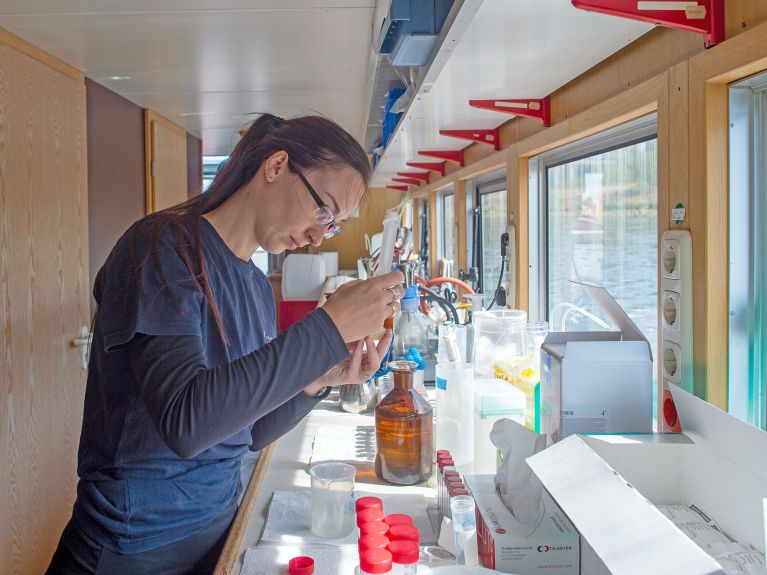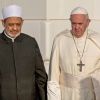Why science and democracy are mutually dependent
On academic freedom in a free society writes historian Kristina Spohr.

Freedom has many difficulties and democracy is not perfect, but we have never had to put a wall up to keep our people in, to prevent them from leaving us,” said John F Kennedy in 1963 during his famous speech in Berlin. Freedom (of thought, of expression, of research and of movement) and democracy are closely interlinked. However, they are extremely precarious achievements that need to be constantly reaffirmed. Free acquisition of knowledge, critical analysis and argument are a central foundation for academic freedom, a fundamental right in Germany and simultaneously a cornerstone of liberal democracy. However, Article 5, Paragraph 3 of the Basic Law states: “The freedom of teaching shall not release any person from allegiance to the constitution.” Academics must be conscious of the responsibility that their freedom engenders. Legal and ethical constraints on research are scrutinised against the background of developments and debates within society. At the same time, the basic freedom to select the subjects of research is an achievement of the liberal political system that must be maintained for the sake of diversity and creativity. After all, the innovative capacity of industry and society is especially strengthened by academic freedom. Active exchange and good research communication are absolutely vital here in the age of fake news and fake information. Today especially, it is important to strengthen the commitment to impartial debate. This also includes acceptance of “agreeing to disagree”. After all, new solutions can only be found through open discourse and debate between people with different ideas. Pluralist democracy and free research go hand in hand. Both require self-discipline: learning – listening – understanding – thinking – presenting arguments – reaching conclusions – deciding. However, democracy and academic freedom need to be constantly realised anew, because only then will we become stronger and better able to address the challenges of the future.
The historian is the inaugural Helmut Schmidt Distinguished Professor at the Johns Hopkins School of Advanced International Studies in Washington DC. Professor Dr Kristina Spohr also teaches international history at the London School of Economics. Her main research interests include the history of Germany since 1945 in a global context. Her most recent book is Post Wall, Post Square: Rebuilding the World after 1989. It was published in autumn 2019 and has received highly favourable reviews.
You would like to receive regular information about Germany? Subscribe here:


